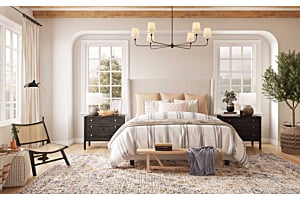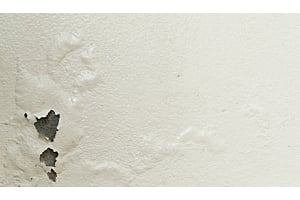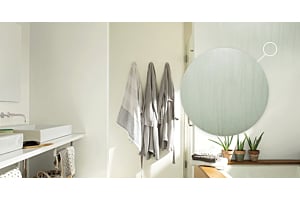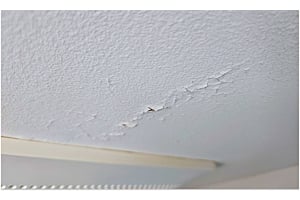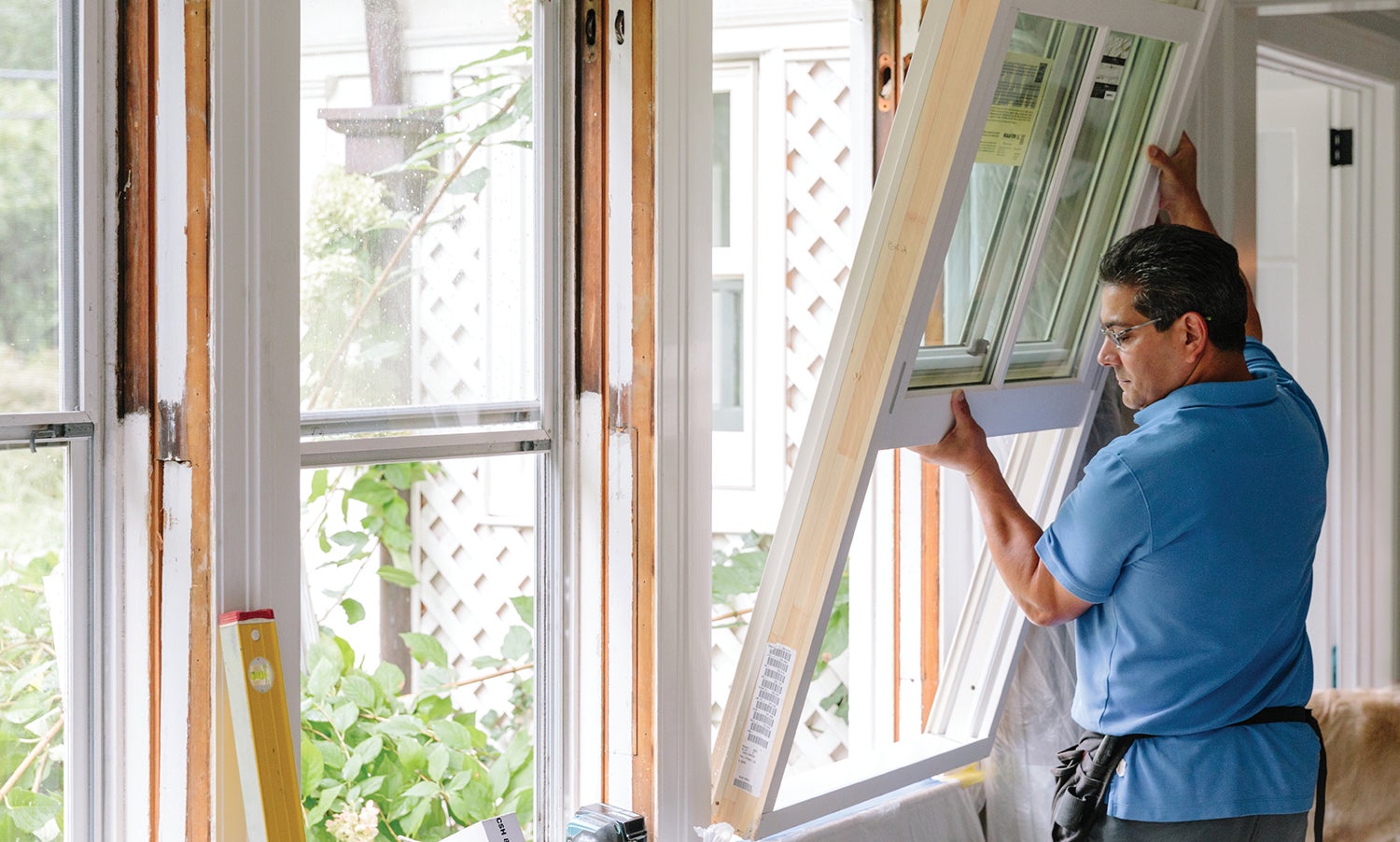
When it comes to choosing windows, one of the most common questions homeowners ask is: How long do windows last? While no window lasts forever, understanding the expected lifespan and knowing when to replace your old windows can make a big difference in energy efficiency, home comfort, and even resale value.
This guide explores how long windows last based on materials, the signs it’s time for replacement, and the benefits of upgrading. Whether you’re planning a home improvement project or are just curious about the condition of your current windows, this article will help you make an informed decision.
What is the average life expectancy of home windows?
The average lifespan of windows depends on several factors, including the materials used, climate conditions, and how well they’re maintained. Wood windows last 15–30 years, aluminum windows 15–30 years, vinyl windows 20–40 years, and fiberglass windows 30–50 years. Each window material has its advantages, but proper upkeep and professional installation play a key role in maximizing their durability.
Here’s a closer look at the lifespans and features of different window types:
| Fiberglass | Wood | Vinyl | Aluminum | |
|---|---|---|---|---|
| Average Lifespan | 25–50 Years | 20 Years | 10–30 Years | 20 Years |
| Maintenance | Maintenance-Free | Repaint and Reseal Every 7–10 Years | Maintenance-Free | Intermittent Oiling |
| Energy Efficiency | Best | Better | Good | Average |
| Cost | $ | $ | $–$ | $ |
Wood windows lifespan: Typically last 15–30 years with proper maintenance, including regular painting and resealing. However, exposure to moisture or lack of care can cause warping or rotting, reducing their lifespan.
Aluminum windows lifespan: Known for their durability and low maintenance, aluminum windows last about 15–30 years. However, they’re less energy-efficient due to heat conduction.
Vinyl windows lifespan: Depending on the quality, vinyl windows last between 20 and 40 years. High-quality vinyl resists warping, but extreme heat or UV exposure can cause early failure in low-grade products.
Fiberglass windows lifespan: Fiberglass windows are the most durable material and can last 30–50 years. They resist warping, expansion, and contraction, making them ideal for extreme climates.
Pro Tip:
While materials matter, the quality of installation and regular maintenance are just as crucial in determining how long your windows last.
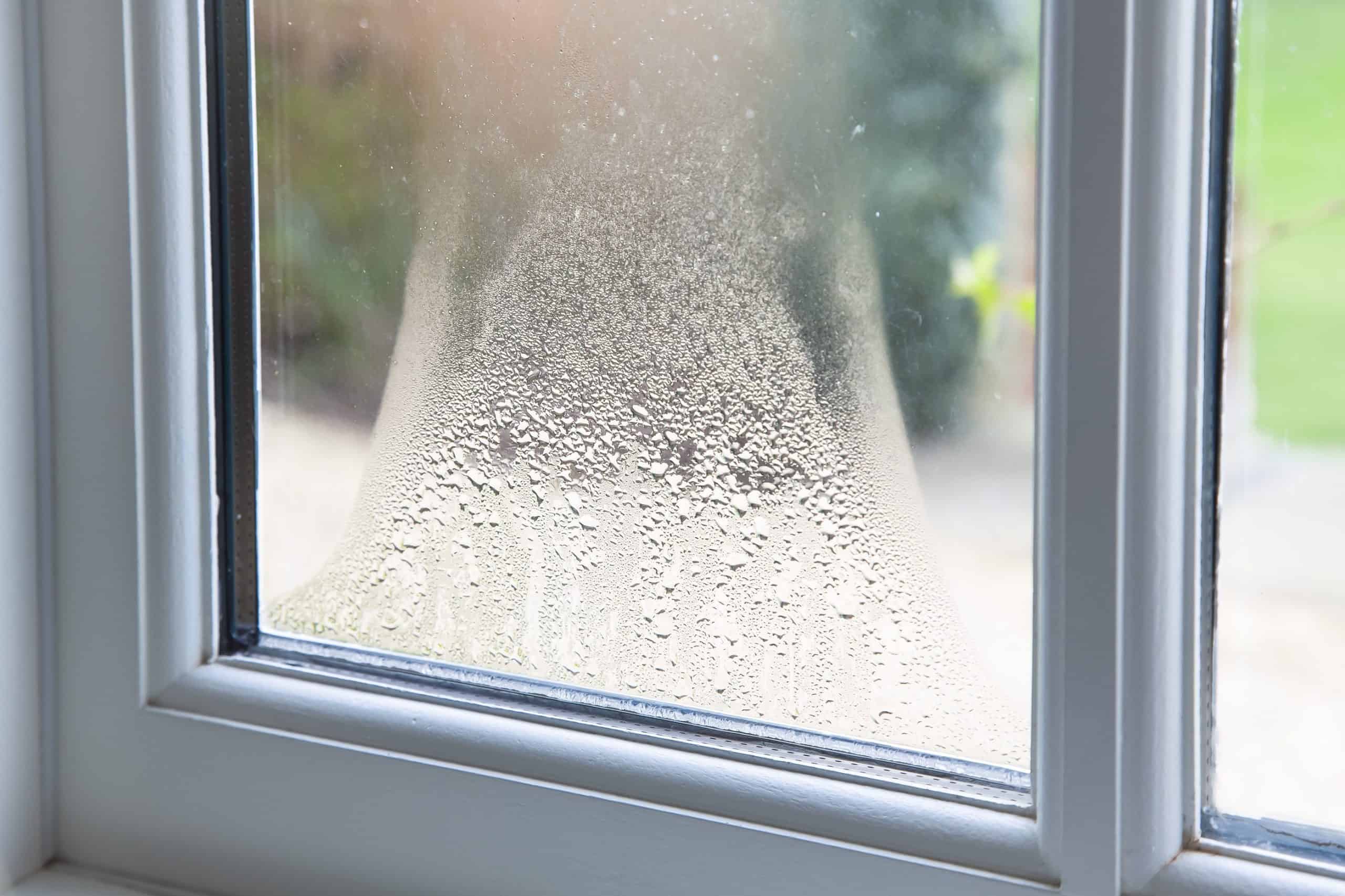
How do you know when it’s time to replace your windows?
Even if your windows haven’t reached their full lifespan, certain signs can indicate it’s time for replacement. Here’s what to look out for:
1. Condensation Between Glass Panes
Condensation forming inside double or triple-pane windows indicates a broken seal. When this happens, the insulating gas escapes, reducing energy efficiency. This is a common issue as windows age, especially in humid weather conditions.
2. Visible Damage to Frames or Glazing
Cracks in the glass or damage to the window frame, like rot or warping, compromise the structural integrity of your windows. Broken glazing reduces energy efficiency, while damaged frames can allow air and moisture to seep in.
3. Drafts and Air Leaks
Drafty windows are a common problem, particularly in older homes. Hold your hand near the window’s edges or sashes—if you feel a breeze, it’s a clear sign the window seals have failed. Drafts not only make your home less comfortable but also increase energy bills.
4. Difficulty Opening or Closing
Windows that stick, jam, or won’t stay open often have warped frames or deteriorating hardware. This can be a safety concern, especially if the window is an emergency exit.
5. Fading Furniture and Carpets
If your furniture or carpets near windows are noticeably faded, your windows likely lack UV protection. Modern windows with low-emissivity (low-E) coatings block harmful rays, preserving your home’s interior.
6. High Energy Bills
Old, inefficient windows can account for up to 30% of your home’s energy loss. If your heating or cooling costs have climbed without other changes, your windows could be the culprit.
What happens if I don’t replace my windows?
Neglecting window replacement can lead to bigger problems over time, such as:
-
Structural Damage: Leaking windows allow water to seep into your walls, promoting mold growth and rotting wood. Repairs for water damage can quickly become costly.
-
Reduced Comfort: Drafts and leaks make it harder to maintain consistent indoor temperatures, leaving your home feeling too cold in winter or too hot in summer.
-
Strained HVAC System: Your heating and cooling systems must work harder to compensate for energy loss through inefficient windows, which can lead to higher utility bills and wear on your equipment.
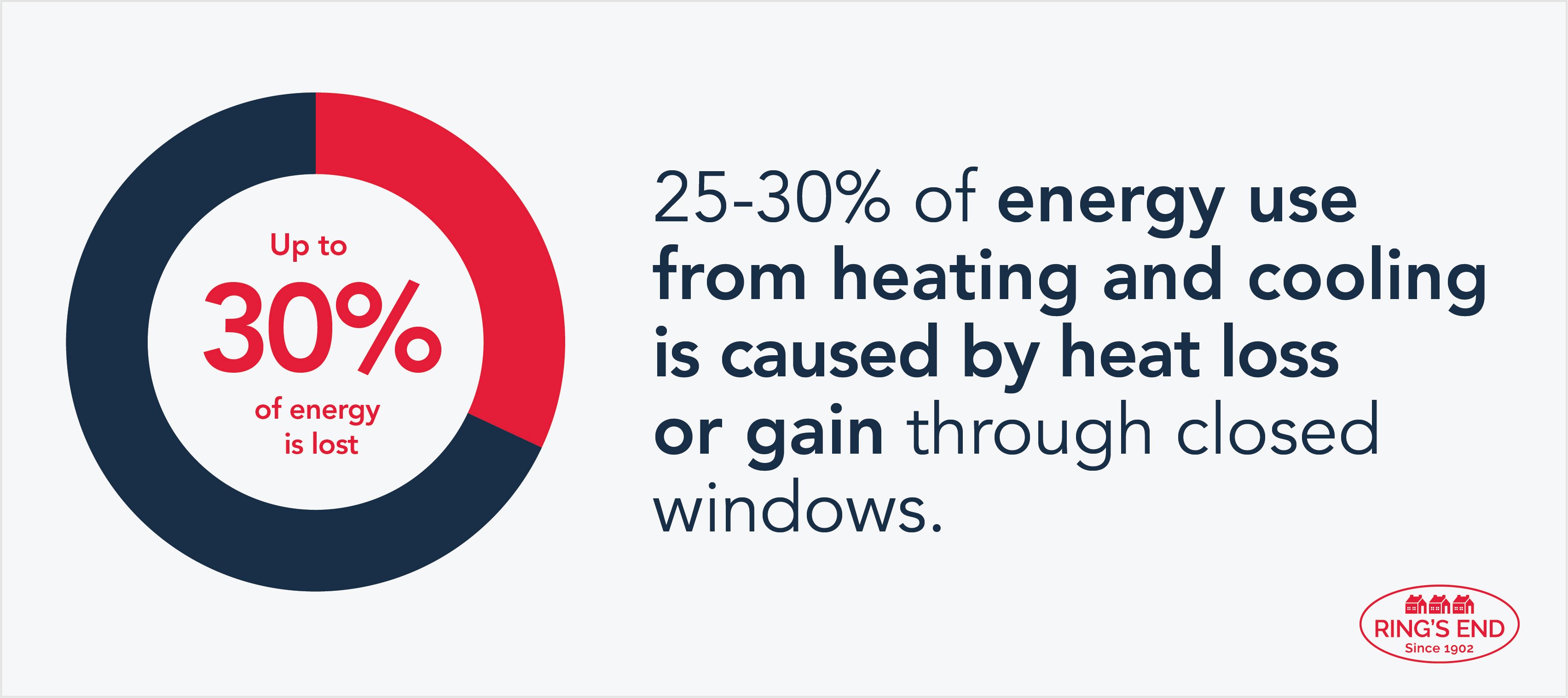
A Replacement Window Cost-Benefit Analysis
In the past, the top selling point of some window replacement companies was that the new windows will “pay for themselves” over time. The Environmental Protection Agency (EPA) EnergyStar program estimates that the average U.S. home can save $101 to $583 a year when replacing windows. However, these savings calculations were originally based on replacing single-pane windows, which few homes have today. If you spent $8000 on replacement windows with a savings of $500 annually, the cost would be recouped in 16 years.
If you are replacing double-pane windows with EnergyStar-qualified replacement windows, the EPA estimates savings of up to $197 a year. Covering the cost of an $8000 renovation would take 40 years. However, energy bill savings are not the only financial benefit of replacement windows. The reduced load on your HVAC system can significantly extend its life. Plus, window replacement projects have one of the highest returns of any home renovation. Up to 78% of the cost can be recouped in the price of your home when you sell it. Replacement windows also improve curb appeal, further increasing the value of your home.
Added Benefits of Window Replacement
Investing in replacement windows offers numerous advantages beyond solving existing problems. Here’s what you can expect:
1. Improved Energy Efficiency
Replacing single-pane or outdated double-pane windows with modern, energy-efficient models can reduce energy bills by up to 20%. Features like low-E coatings and insulated frames help keep your home comfortable year-round.
2. Enhanced Comfort
New windows eliminate drafts and improve temperature regulation. Advanced designs reflect heat during summer and retain warmth during winter, ensuring consistent comfort throughout the seasons.
3. Increased Home Value
Replacement windows are one of the top home improvements for ROI, recouping up to 70–78% of their cost upon resale. They also enhance curb appeal, making your home more attractive to buyers.
4. Better Security
Modern windows come with improved locking mechanisms and durable materials like tempered glass, offering better protection for your home and family.
5. Easier Maintenance
Tilt-in sashes, durable finishes, and long-lasting materials make today’s windows easier to clean and maintain than older models.
What about triple-pane windows?
Upgrading to triple-pane windows might seem appealing if your home has single-pane windows or outdated double-pane models. However, modern double-pane windows generally provide a cost-effective solution for improving heat retention and reducing outside noise. Triple-pane windows are best suited for homes in extremely cold climates or noisy urban areas where the additional insulation and soundproofing are essential. For many homeowners, double-pane windows strike the perfect balance between performance and affordability.
Shop Replacement Windows at Ring’s End
Ready to upgrade your older windows? Ring’s End offers an extensive selection of high-quality replacement windows from trusted manufacturers like Marvin and Andersen. Our expert team is here to guide you through the process, from choosing the right materials and styles to coordinating professional installation.
Visit one of our eight showrooms or call us for a free consultation today to start your window replacement project. Let us help you enhance your home’s energy efficiency, comfort, and curb appeal with windows that last for decades.


